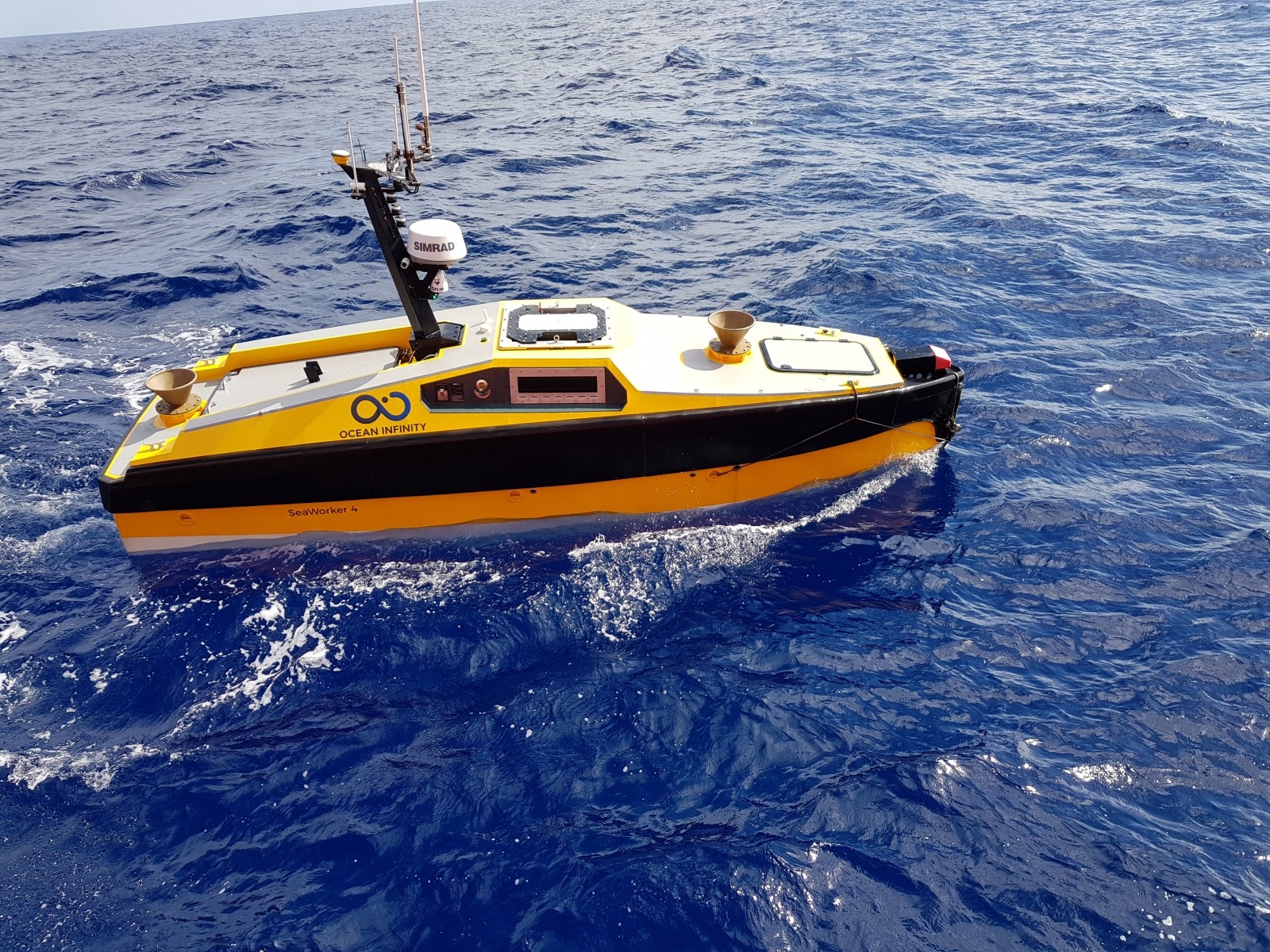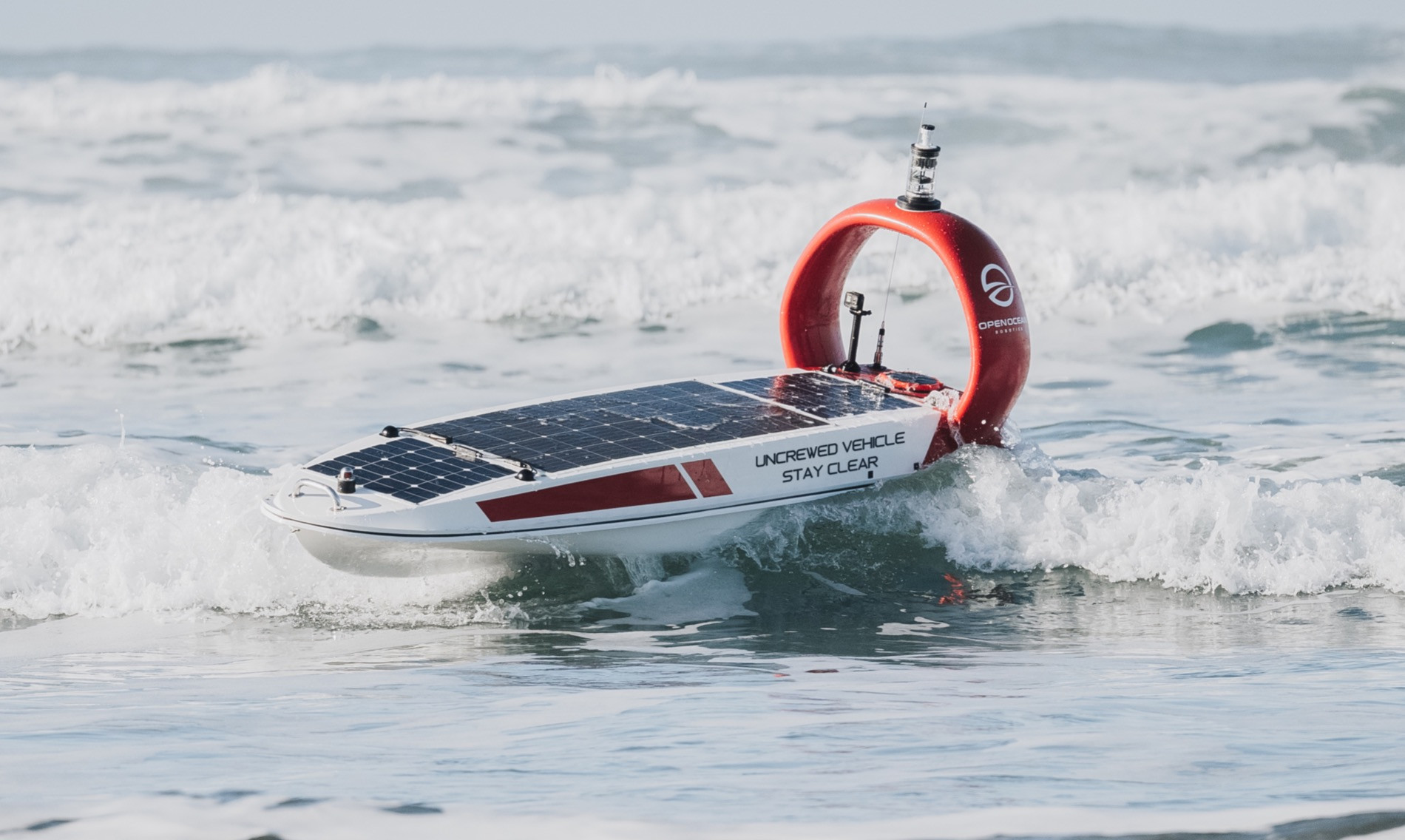
Autonomous Surface Vessels: The Future of Maritime Operations?
The maritime industry is on the cusp of a revolution, and it’s being driven by autonomous surface vessels (ASVs). These unmanned boats are capable of operating for months at a time, traversing thousands of miles of open ocean, and providing a level of situational awareness that was previously unimaginable.
 A surfboard-size ASV in the Pacific Ocean
A surfboard-size ASV in the Pacific Ocean
Recently, L3Harris Technologies partnered with maritime startup Seasats to test the advanced capabilities of an ASV in the Pacific Ocean. The results were nothing short of impressive. The ASV, manufactured by Seasats under the product name Lightfish, demonstrated reliable, resilient, and effective operations off the coast of Hawaii after completing a 2,500-mile journey from San Diego, California.
The implications of this technology are far-reaching. ASVs have the potential to become a force multiplier for naval presence around the world, providing a cost-effective and efficient way to monitor and respond to maritime threats. As Andrew Puryear, Vice President and Chief Technology Officer at L3Harris, noted, “The ability of ASVs to prove their prolonged and reliable operations in the ocean is critical for establishing their effectiveness as a hard-to-detect, autonomous, and affordable platform for our collaborative network payloads – essential for military effectiveness in contested environments.”
A Seasats ASV, also known as Lightfish, operating in the open ocean
But ASVs aren’t just limited to military applications. They have the potential to revolutionize a wide range of industries, from commercial shipping to marine science. Imagine being able to monitor ocean health, track marine life, and respond to natural disasters in real-time, all without the need for human intervention.
As Mike Flanigan, CEO and President of Seasats, said, “We see ASVs as a force multiplier and another way to affordably and quickly grow U.S. naval presence around the world.” It’s a sentiment that’s hard to argue with, especially when you consider the potential benefits of this technology.
 An ASV operating in the open ocean
An ASV operating in the open ocean
As I reflect on my own experiences with autonomous technology, I’m reminded of the importance of innovation in driving progress. Whether it’s in the maritime industry or beyond, the potential of ASVs to transform the way we operate is undeniable.
In conclusion, the future of maritime operations is autonomous, and it’s being shaped by companies like L3Harris and Seasats. As we continue to push the boundaries of what’s possible with ASVs, we can expect to see a sea change in the way we approach maritime operations.











